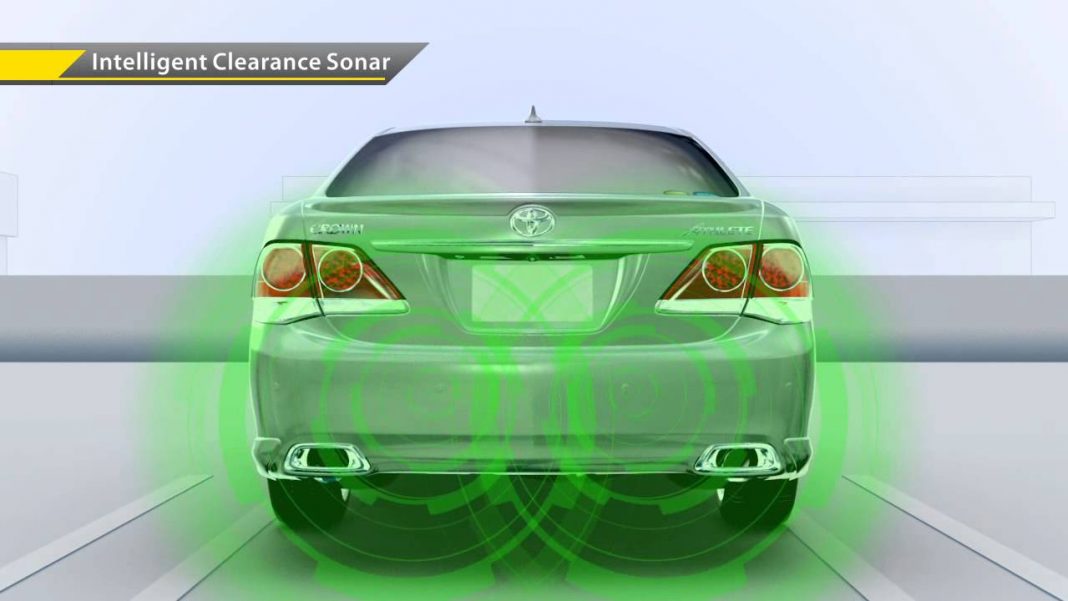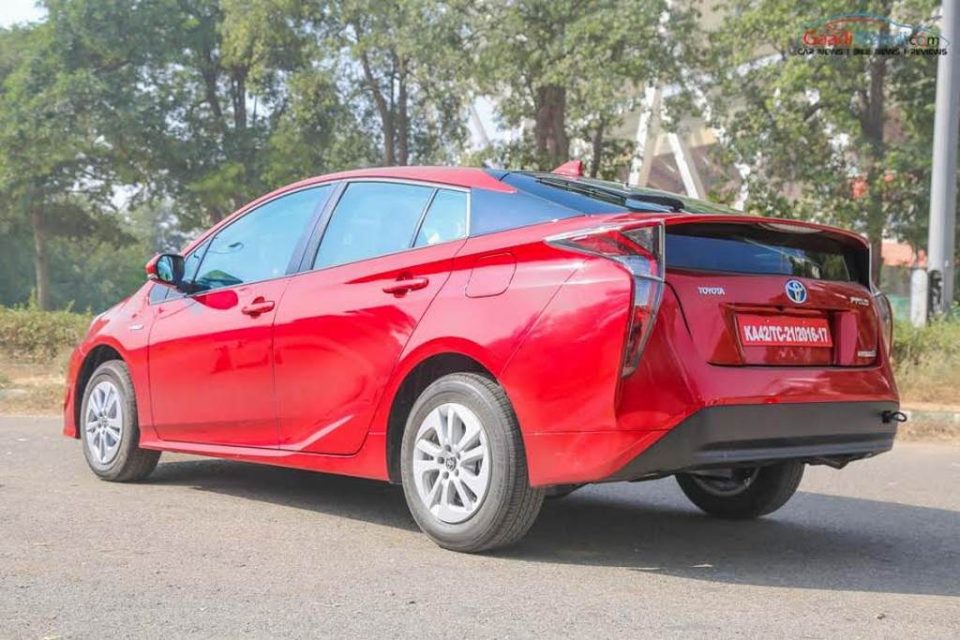
Toyota’s Intelligent Clearance Sonar (ICS) system incorporated in the Prius reduces pedal misapplication and reversing accidents by 70%
Japanese automaker Toyota is known for making constant development in technologies. The automaker has now demonstrated its unique Intelligent Clearance Sonar (ICS) system, with which the Toyota cars can avoid accidents caused by pedal misapplication by up to 70% and revering accidents by up to 40%.
Cars like Toyota Prius, Alphard and Vellfire have been equipped with the technology. Toyota conducted an 18-month study between Jan 2015 and June 2016 in Japan on these cars. During this study, around 2,500 accidents were taken into account from the insurance companies that cover the policies for about 63,000 cars across the three models. It was seen that 26,000 ICS equipped cars were able to minimize the damage by using the technology during pedal misapplication and reversing incidents.
Also read: Toyota Prius Prime Hybrid Unveiled in India; Market Launch in January
The Intelligent Clearance Sonar or ICS system uses a clearance sonar technology to detect obstacles during sudden starts caused by pedal misapplication. And this incident happens more often in parking lots causing damage. The technology not only reduces damage but also supports collision avoidance with adjacent vehicles and obstacles by applying brake automatically. It makes the car move at slow speed within the parking lot, even without pedal misapplication.
The ICS technology was used to the models like Prius, Alphard and Vellfire in 2015 in an attempt to reduce the damage and accidents. The company claims, the technology has been significantly successful. Also, the Japanese automaker says it will develop the technology to make it more efficient.
Also read: Upcoming Cars in India by 2017
Toyota is currently preparing to launch its Prius Prime sedan in the Indian market. The car was already displayed in the country in November this year and commercial launch will take place in January 2017. It is likely to come equipped with several safety features like the ICS and Safety Sense P Package.

